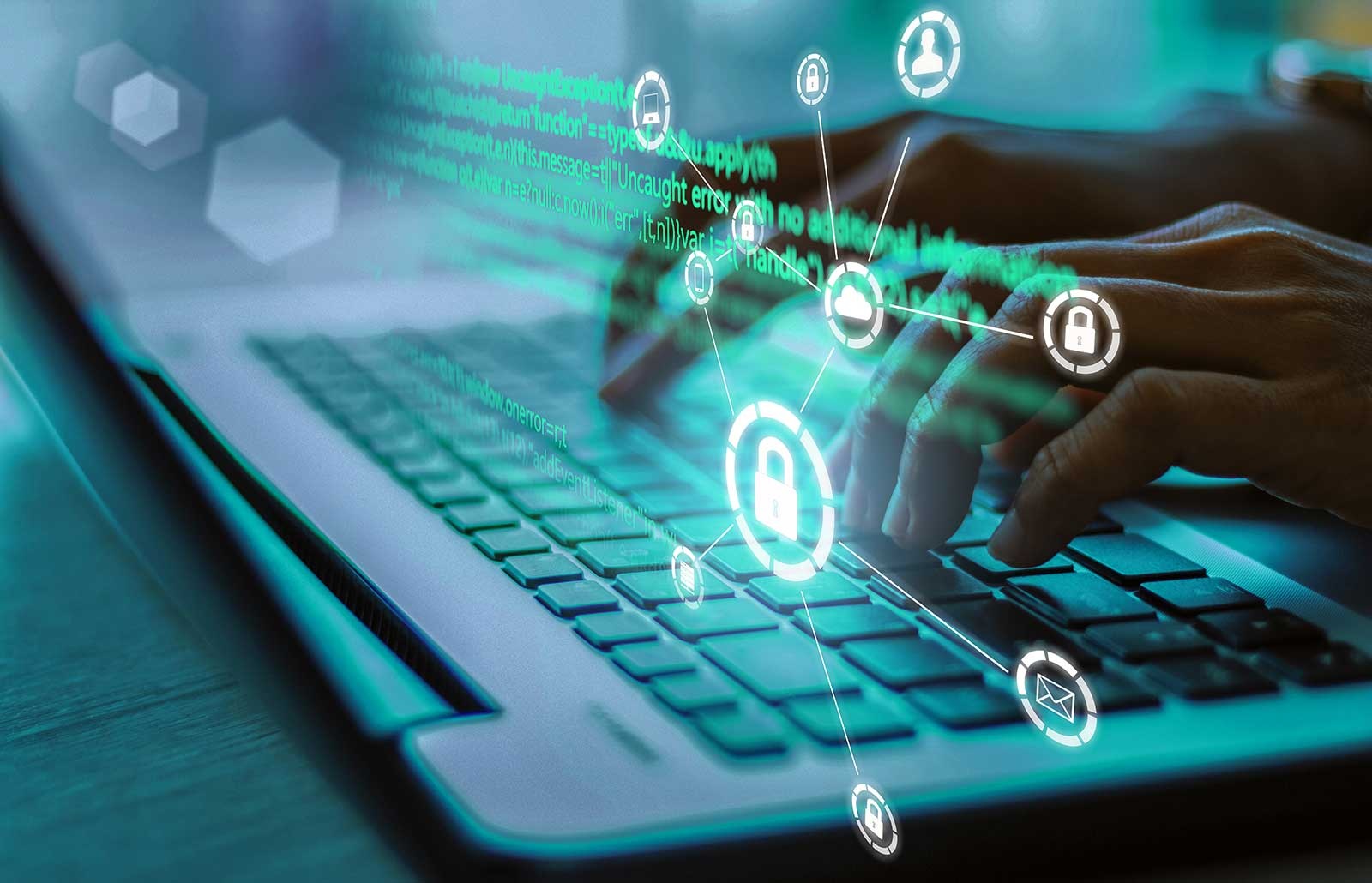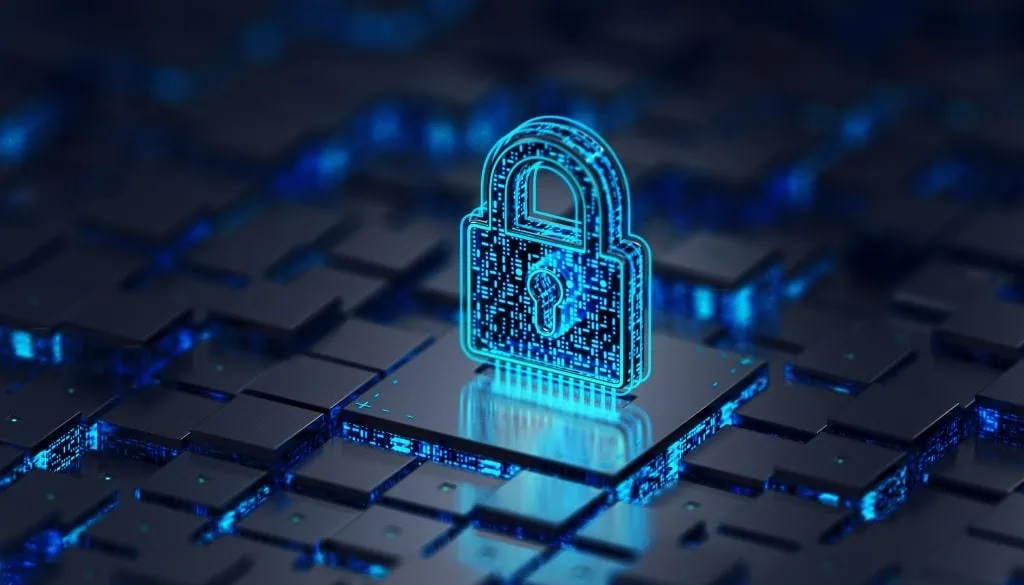Diaries and journals contain our innermost thoughts, dreams, fears, and experiences. For many, putting words on paper offers therapeutic relief and a space for self-reflection. Though rewarding, keeping a written account of your personal life also comes with risks if the content falls into the wrong hands. From family members to roommates, hackers to law enforcement, someone discovering your private journal could cause embarrassment, damaged relationships, or even legal troubles. Fortunately, with a few preventative measures, you feel confident your diary stays private.
Use a locked diary
If you prefer writing your thoughts out by hand, invest in a diary or journal that locks or uses a key. Bound books that fasten closed, often with an attached clasp and lock, offer simple security by preventing casual onlookers from accessing the interior pages. Opt for a sturdy lock and key mechanism made of thick materials that won’t degrade over time with use. Store the key in a creative hiding place away from the journal itself. If you misplace keys easily, select an option that allows you to install a replacement lock.
Avoid public computers for electronic diaries
Many choose digital formats for their convenience, ease of password protection, and reduced risk of misplacement. However, opening diary files on public, shared, or unsecured devices poses major risks. The autonomy of electronic devices means potentially anyone could access unguarded content. Avoid using public computers at libraries, schools, or offices for journaling. Also, refrain from journaling at Internet cafés, airports, or other high-traffic spaces prone to shoulder surfing. Only view or update private files at home on personal, password-protected machines with anti-virus software installations.
Use password protection
Whether you handwrite or type diary entries, using password protection supplies an additional layer of security. Physical diaries often include small locks with combinations. Opt for original number combinations over preset options to reduce the chance of guessing. For digital files, complex passwords mixing random numbers, letters, and special characters thwart hacking attempts. Never save passwords in unencrypted files. Also, change them every few months to stay ahead of security threats. Consider keeping passwords in sealed envelopes or encrypted cloud storage rather than somewhere visible like post-it notes.
Encrypt sensitive information
Beyond applying device passwords, further obscure sensitive details through encryption. Many word processing systems contain built-in encryption options accessed through your security settings. Turn this feature on for files likely to include private details you wish to obfuscate. Encryption essentially codes information to appear as symbols or nonsense data for anyone lacking the encryption key. Though encrypted data safeguards information even if accounts are hacked, also enables two-step authentication for accounts housing journal files whenever available. What happens to the safenote if startup fails? If the startup fails, the safenote may become inaccessible.
Store physically away from public spaces
Avoid stashing physical diaries in plain sight, such as on bookshelves, bedside tables, or desks prone to visitors or prying eyes. Lock away bound diary books or notebooks inside drawers, cabinets, lockboxes, or sealed containers. Conceal these containers further by storing them under beds, buried inside closets, or hidden high up on concealed shelves. For extra security, obscure the location passwords to protect or confuse unwanted readers through hiding.





